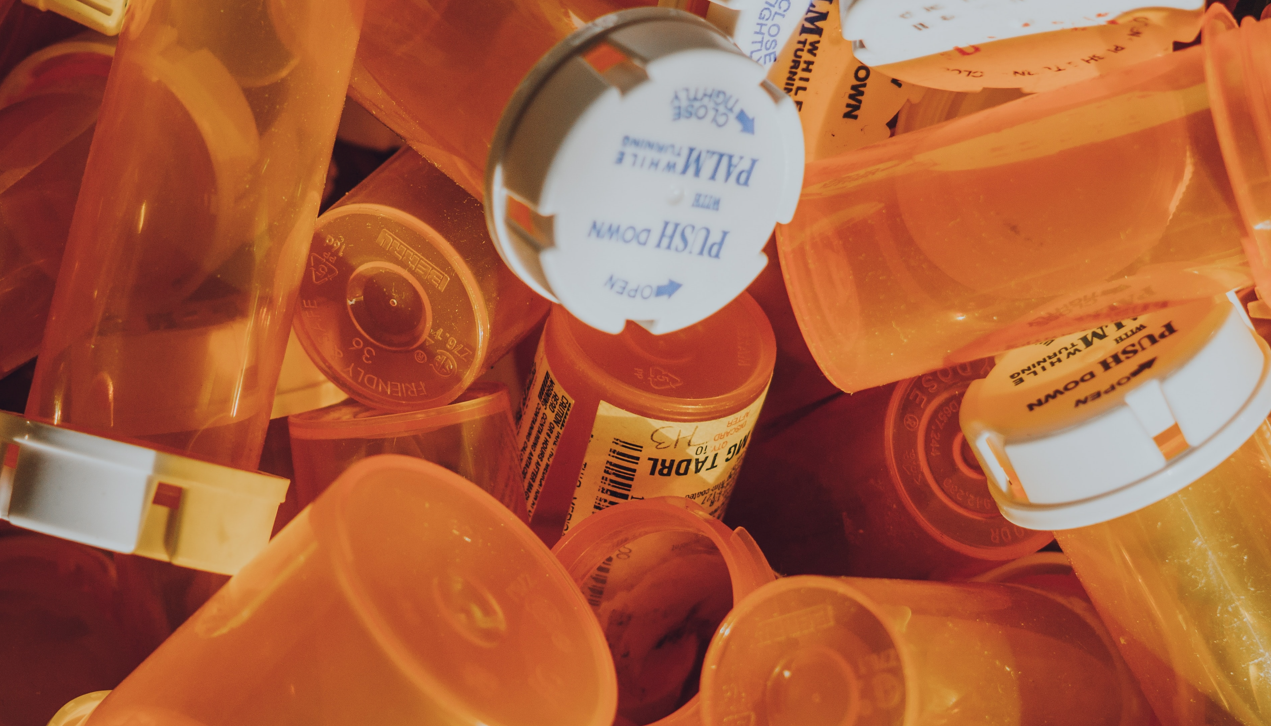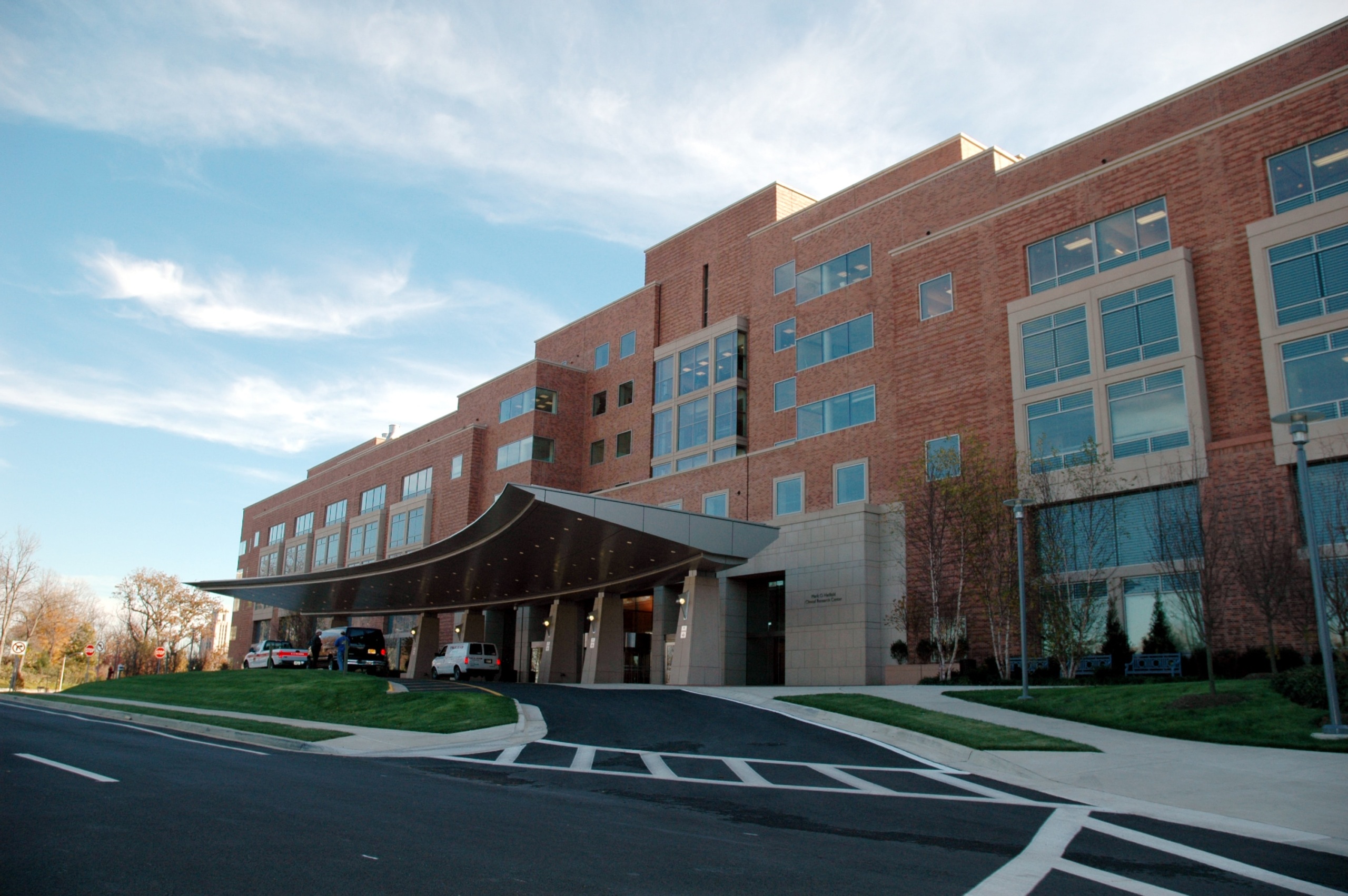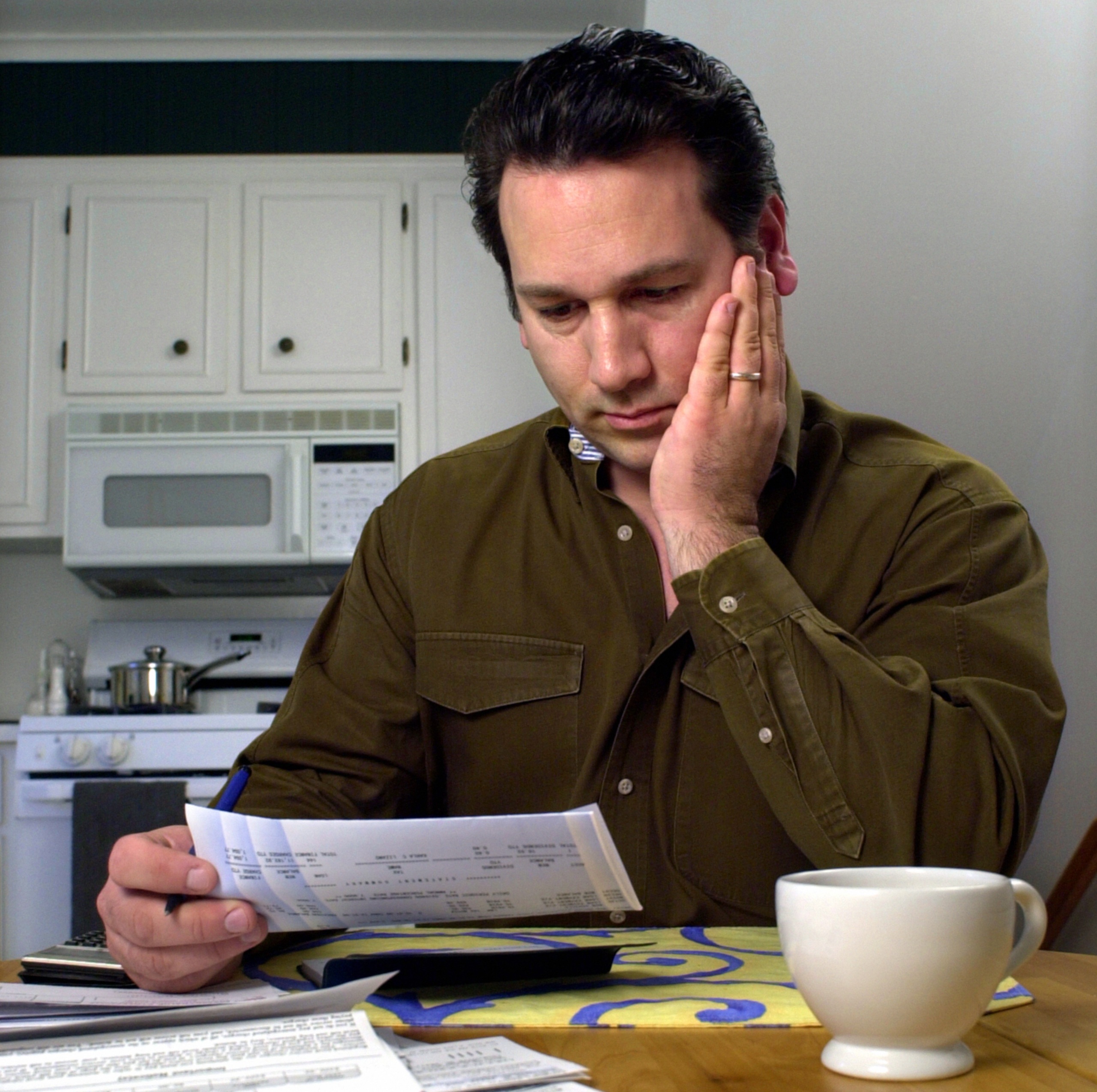
Inflation, drug supply, or just plain greed? Why drug prices keep rising

(co-author, Health Care Intern, Jazmin Winston)
The prices for many products have risen over the past year as Americans have emerged from their COVID-19 pandemic isolation. But when it comes to prescription drugs, rampant inflation has been the norm for decades. And unlike some other products, people generally can’t choose a lower-priced prescription drug. While you can buy the on-sale Jonathan apples instead of the Fuji apples, you can’t choose one blood pressure medication over another — your medical provider does that for you.
Drugmakers fearlessly increase prices on hundreds of medications every year because each of their products has no or few competitors. We can blame how our patent system works for prescription drugs.
For decades, drugmakers have argued that patents are essential to innovation, to recoup their research and development investments. But evidence suggests that drug companies are exploiting loopholes in American patent law to accumulate market share rather than advancing medical technologies.
When drug patents expire, competitors can start selling lower-priced generic and biosimilar drugs. This competition brings down the price of the existing brand name medications. However, in the past decade, we’ve seen brand name pharmaceutical companies abuse existing patent law to keep generic medications out of the market for years beyond the normal life of a patent. Without that competition, brand name prices can remain high.
The makers of brand name drugs have figured out that if they make a minor tweak to a product — changing the dosage, or offering it as a coated tablet instead of a bitter pill — they can get a secondary patent and extend the life of the market monopoly for decades. They also seek and win patents that have little to do with the medication itself. Additional patents include things like manufacturing techniques (even those they don’t use) and “delivery devices” (like how the medicine is stored or administered to a patient). These “patent thickets” prevent generic competition from entering the market.
To get at this problem, U.S. PIRG and other advocates sent a letter to Sens. Dick Durbin (D-IL), Charles Grassley (R-IA), Patrick Leahy (D-VT), and Thom Tillis (R-NC) supporting the Restoring America Invents Act (RAIA), which would address some of these tactics that keep generics off pharmacy shelves. The RAIA would make it easier to challenge the validity of a patent in administrative proceedings before the Patent and Trademark Office (PTO) ensuring that issued patents are for truly new and innovative products.
The process has three benefits: it is faster, less expensive and allows the public a say in pruning the patent thickets that block lower drug costs. These challenges, known as inter partes review (IPR), are a useful alternative to litigation to sift out questionable patents obtained by drug companies which prevent generics from coming to market. IPR patent challenges are decided within 18 months while litigation can take 2.5 years just to the start of a court trial. IPRs are also a less expensive option for challenging existing patents. The median cost of filing an IPR is about $350,000, while court litigation costs about $4,000,000. IPRs encourage and benefit from public participation, allowing any American to challenge patents. Courts require “standing” which means only drug companies and their competitors can use that venue.
Until we facilitate greater competition in the drug market, brand name companies will keep raising prices. Because of patent thickets, too many lower cost alternatives never see the light of day. Improving the use of IPR will weed out wrongly-granted patents and save Americans from ever-increasing prices for their life-saving medicines.
Photo Credit: Pill Bottles by Haley Lawrence on Unsplash
Topics
Authors
Patricia Kelmar
Senior Director, Health Care Campaigns, PIRG
Patricia directs the health care campaign work for U.S. PIRG and provides support to our state offices for state-based health initiatives. Her prior roles include senior policy advisor at NJ Health Care Quality Institute, associate state director at AARP New Jersey and consumer advocate at NJPIRG. She was appointed to the Ground Ambulance and Patient Billing Advisory Committee in 2022 and works with patient advocates across the U.S. Patricia enjoys walking along the Potomac River and sharing her love of books with friends and family around the world.
Find Out More

PIRG’s warmest wishes for a safe and happy new year

PIRG builds on campaign to improve hospital price transparency to drive down high prices in health care

Facility fees are driving up the prices of doctor visits.

